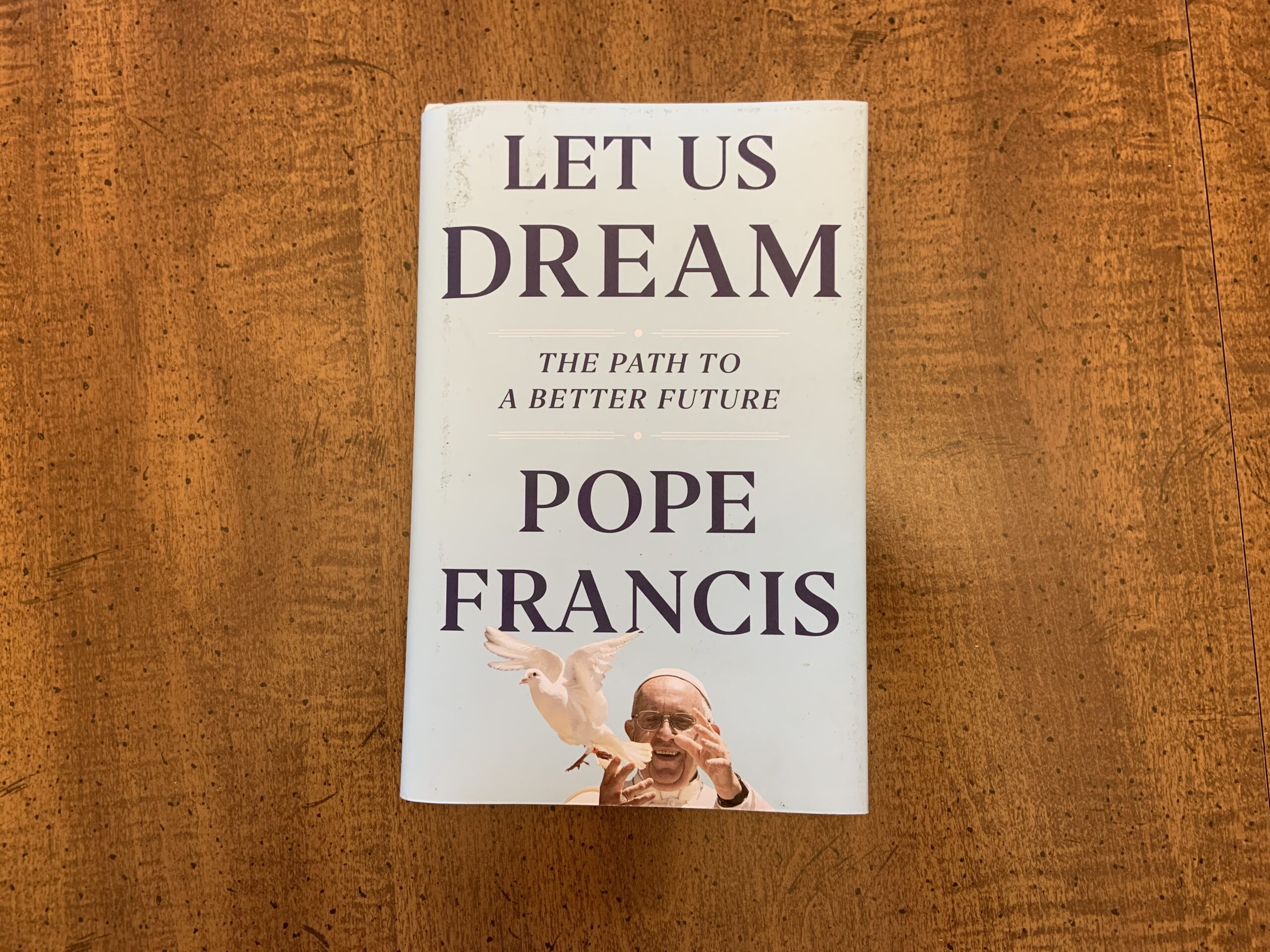#2. A New Normal – Un Nuevo Normal: Mejores Prácticas – Better Practices
Mejores practicas
La Conferencia de Obispos de los Estados Unidos publica una serie de libros y folletos con el título “Mejores prácticas …”. Las publicaciones están bien consideradas y los temas presentados son importantes en nuestros esfuerzos de evangelización. Pero al hablar con muchos clérigos y líderes laicos de la Iglesia, los documentos a menudo no se leen o solo se implementan mínimamente. Ha habido varias ocasiones en las que mi comunidad imparte talleres sobre “Mejores prácticas en parroquias compartidas”. El documento se refiere al trabajo en comunidades multiculturales y multilingües. Al escuchar a algunos participantes, a menudo ha habido cierta resistencia a escuchar acerca de las “mejores prácticas”. Parece que simplemente pedir “mejores prácticas” implica que la práctica actual es defectuosa.
En una ocasión, llamamos a nuestras presentaciones “Mejores prácticas”. El clero en esa presentación se sintió incluido en el descubrimiento de mejores prácticas que podrían aplicarse a sus comunidades. Hubo una sensación de empoderamiento a medida que el clero se sintió reconocido por los esfuerzos que hicieron en sus comunidades y una humildad de saber que siempre podemos hacerlo mejor.
Ayer llamé la atención sobre recordar las bendiciones en nuestros ministerios y el buen trabajo que se está haciendo personalmente o en comunidad. Como seminarista, participé en el trabajo de la Sociedad San Vicente de Paúl. El hermano Matthew dirigió nuestro grupo y tenía una muy buena manera de llamar la atención sobre el buen trabajo de los hombres del grupo. Al llamar la atención sobre las buenas prácticas, buscamos una mejora constante. El llamado a asumir mejores prácticas es una constante en cualquier ministerio que hacemos.
(“Mañana: lo viejo es nuevo y lo nuevo es viejo”)
Better Practices
The United States Conference of Bishops publishes a number of books and booklets with the title, “Best Practices….” The publications are well considered, and themes presented are important in our efforts at evangelization. But in speaking with many clergy and lay leaders in the Church, the documents are often either not read or only minimally implemented. There have been several occasions where my community gives workshops on “Best Practices in Shared Parishes.” The document refers to working in multi-cultural and multi-lingual communities. Listening to some participants, there has often been some resistance to hearing about “best practices.” It appears that simply calling for “best practices” implies that present practice is flawed.
On one occasion, we called our presentations, “Better practices.” The clergy at that presentation felt included in discovering better practices that could be applied to their communities. There was a sense of empowerment as clergy felt recognized for the efforts that they made in their communities and a humility to know that we can always do better.
Yesterday, I called attention to recalling the blessings in our ministries and to the good work that is being done personally or in community. As a seminarian, I participated in the work of the St. Vincent de Paul Society. Brother Matthew led our group, and he had a very good way of calling attention to the good work of the men in the group. By calling attention to good practices, we sought consistent improvement. The call to taking on better practices is a constant in whatever ministry we do.
(“Tomorrow: What is old is new, and what is new is old”)
Oh Jesús, tú nos llamas: “Síganme”. Bendice, Señor, a todos los que acogen tu llamado. Puede que el camino no sea fácil, pero tenemos la confianza de que todo es posible si caminamos contigo. Que este viaje nos abra los ojos a las maravillas de tu amor por nosotros. Oramos por toda tu gente, por todos los creyentes e incrédulos, por los líderes y seguidores. Oramos por la sanación, el perdón, la compasión, la justicia y la paz. Oramos para que, al seguirte, nosotros también podamos ser pescadores de hombres. Bendícenos en nuestro viaje.
O Jesus, you call us, “Come after me.” Bless, O Lord, all who welcome your call. The path may not be easy, but we have confidence that all things are possible if we walk with you. May this journey, open our eyes to the wonders of your love for us. We pray for all your people, for all believers and unbelievers, for leaders and followers. We pray for healing, for forgiveness, for compassion, for justice, for peace. We pray that as we follow you, we too can be fishers of men. Bless us on our journey.



